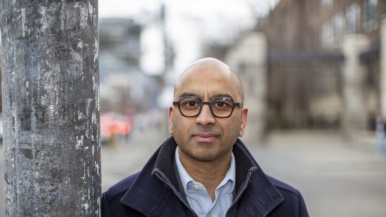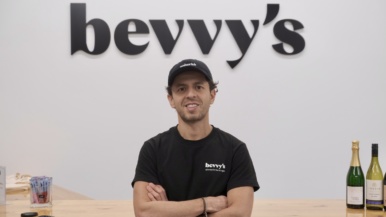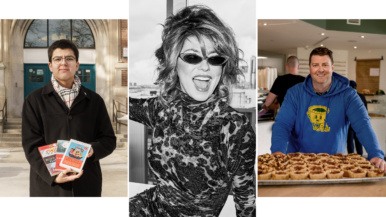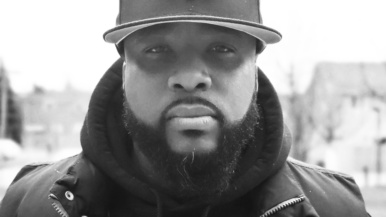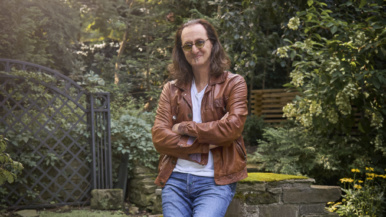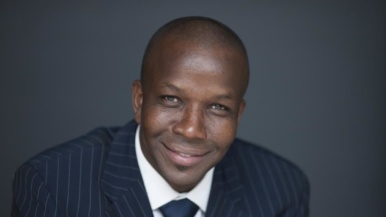Q&A: Craig Silverman, the Buzzfeed editor who helped make “fake news” a household phrase

You’re Buzzfeed’s first-ever media editor. What does that job title mean in an era in which such a huge percentage of people get their news via Facebook?
I don’t cover hirings and firings in the media, which is traditionally part of a media reporter’s beat. Instead, I look at how people consume media and the effects of living in a world in which anyone who’s online can publish news.
What exactly does that entail?
Every morning, I scan the bullshit. I’ve been building a list of fake-news websites for two years. I spend a lot of my day mapping the spread of rumours and hoaxes, and putting together data so that we have something to say that nobody else does. Our Toronto office has become a centre of excellence for this work.
You’re in Toronto even though New York is considered the media epicentre of the world. What gives?
I want to avoid getting sucked into what’s happening in New York and instead try to view things more globally. I’m Canadian, so that suits me fine. I was born in Nova Scotia, went to Montreal for university and then came to Toronto a year and a half ago to join Buzzfeed.
How did you become an authority on misinformation?
In 2004, as a freelance journalist trying to find a niche, I started a blog called Regret the Error in which I compiled the best of the worst media errors and corrections. I’ve been sort of obsessed with the topic since then.
You must be fun at dinner parties. Are you the guy who’s always correcting everyone, saying “Actually…”?
Oh my god—is your headline going to have the word “mansplainer” in it? That would be terrible. The problem that debunkers have is that they end up coming off like gasbag know-it-alls who ruin everybody’s fun. My wife might argue that happens occasionally.
Regret the Error caught mostly inadvertent errors. When did you start noticing intentional ones?
Around 2009, as social networks took off. Journalists didn’t know how to verify misinformation. When you think about how easy it is to tweet or post on Facebook, it’s no surprise. That’s the double-edged sword of an open media environment.
What’s the craziest fake headline you’ve seen?
“Woman Arrested for Defecating on Boss’s Desk After Winning the Lottery.” It went crazy on Facebook, probably because people wanted it to be true. It was created by a Canadian comedian. It was such a hit that he wrote more fake headlines.
Why do people create fake news?
For one, it’s lucrative. If you can get a lot of traffic from Facebook, you can earn a lot of money from ads. The other reason is ideology. Some creators wrote content with a pro-Trump or pro-Hillary slant because that’s what they care about.
Did fake news help Trump win?
It was one of several factors, but I wouldn’t say it was the deciding one.
Is there a formula for a viral fake story?
They go for the heart, for emotion. Legit news organizations do the same thing.
Sure, but when Peter Mansbridge delivers the news, you’re not usually thinking, “That guy is probably lying.”
Of course. Unfortunately, what’s happening is that people look at Mansbridge and think, “Oh, because it’s CBC, I don’t trust the information.” Huge institutions like the CBC were once considered the word of God, but their credibility has been eroding for decades. Viewers are suspicious, so they turn elsewhere, often to their friends or other people in their circles. That’s natural, but it can also be dangerous.
Facebook recently announced it would make it easier for users to flag potentially fake content. Is that enough?
I think Facebook is trying some good things, but if you make it easier for users to flag items that are false, you also make it possible for people to flag things they simply don’t agree with. If Facebook isn’t prepared to deal with that,
it could lead to more harm than good.
Do you ever get flak for working at Buzzfeed? Do people assume you spend your days crafting “Which Drake song are you” quizzes?
Most people who read Buzzfeed see the entertainment stuff and the videos. Those quizzes and listicles are what pay for our news department. We have more than 20 dedicated investigative journalists. But I did spend a little bit of time today creating some memes and writing a post about how much I hate Caillou, and I stand by that.
